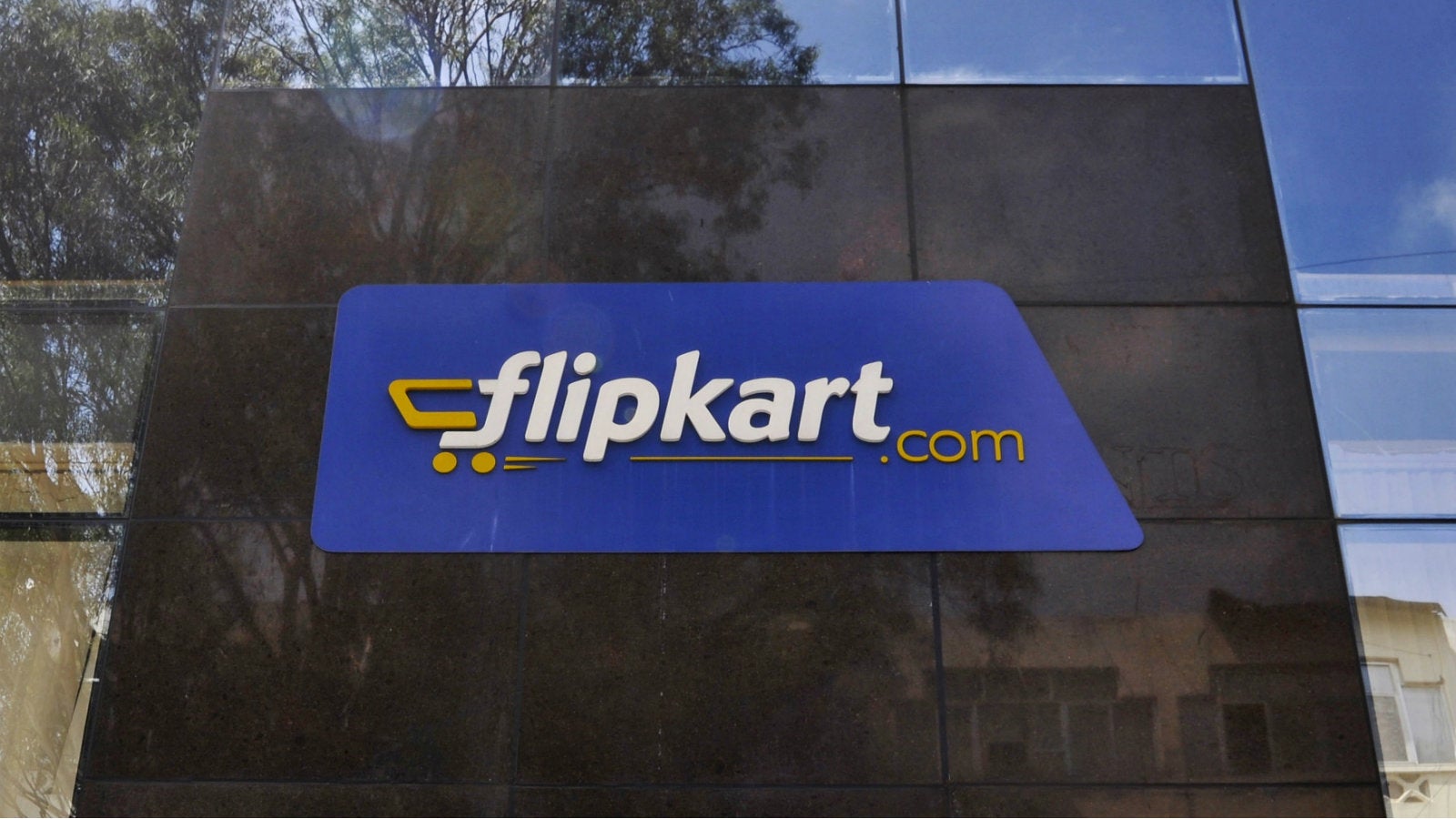India’s biggest e-commerce company “let go” of 2% of its workforce and says it’s “fairly common”
Indian e-commerce major Flipkart is trimming its workforce by around 2%.


Indian e-commerce major Flipkart is trimming its workforce by around 2%.
The Bengaluru-based company said today (July 29) that it was “letting go” of around 600 people for “under performance.” Some media reports have said that the number of people who were asked to leave could be as high as 1,000.
“This is a fairly common practice across various industries—especially in high-performing internet organizations,” a Flipkart spokesperson said in a statement.
The announcement comes just days after Flipkart acquired online fashion retail startup Jabong for $70 million. After the acquisition, Flipkart—along with its unit Myntra—holds by far the largest market share in the high-margin fashion segment.
Tiger Global-backed Flipkart has been facing stiff competition from US rival Amazon for the past few years. Jeff Bezos-led Amazon is investing aggressively in India and snapping at Flipkart’s heels for the position of India’s largest e-commerce player.
Letting go and not laying off
Given the country’s tepid investment environment and lack of profitability, several Indian internet businesses have been forced to downsize their workforces in the last year or so.
However, Flipkart insists that today’s announcement is not about ”firing” or “layoffs” but part of a usual evaluation process in which employees who don’t perform well are ”encouraged to seek opportunities outside the company where their skills can be better utilized.”
“Flipkart denies all allegations of a lay-off,” the company statement said:
As a performance oriented organization, we follow a transparent evaluation process… At times, we have employees who do not meet the performance bar. In those situations we work closely with employees to enable them improve their performance. In due course, if these employees are unable to make the desired progress, they are encouraged to seek opportunities outside the company.
In August 2015, food ordering startup TinyOwl laid off around 100 employees at its Pune and Mumbai offices to cut costs. In October 2015, restaurant exploring platform Zomato fired roughly 10% of its workforce—about 300 people—to focus on more profitable areas. In December 2015, food delivery startup Foodpanda retrenched 300 employees in India. Also that year, Mumbai-based real estate portal Housing.com fired around 800 of its employees in two tranches.
In February 2016, Flipkart’s rival Snapdeal had put around 200 employees on notice and asked them to undergo a 30-day performance improvement plan, which would decide their fate in the company, Business Standard newspaper reported.
Flipkart has been struggling with devaluation since the beginning of 2016. At least six investors have marked down the value of their holdings in the company by between 15% and 40%. Flipkart is now worth less than $10 billion, down from around $15 billion in September 2015.